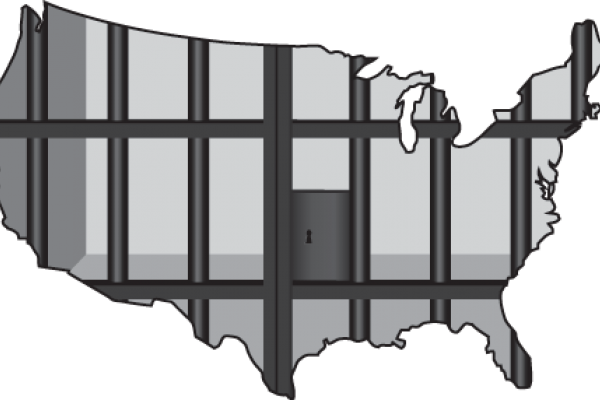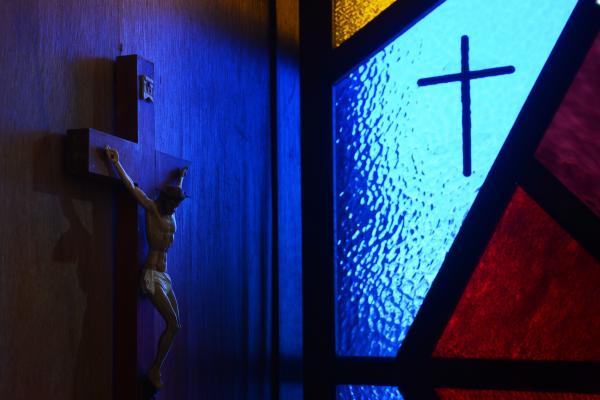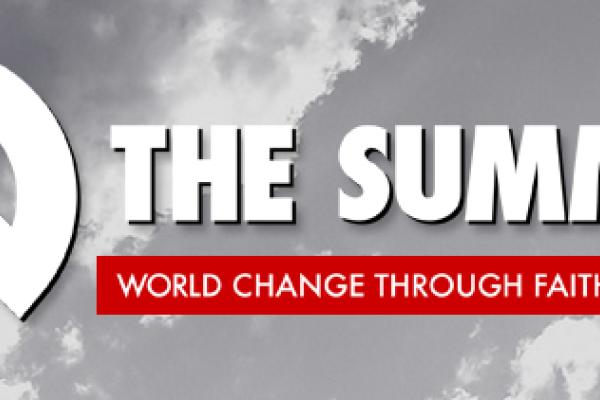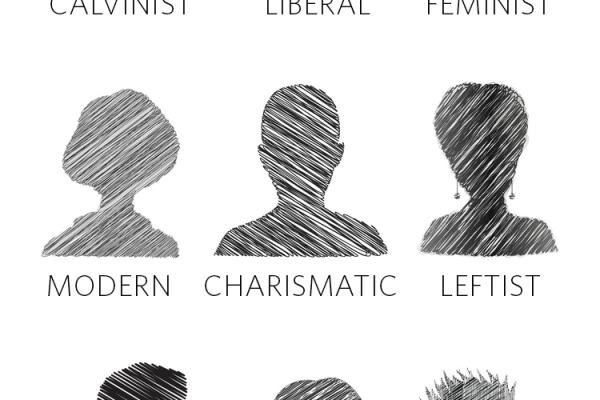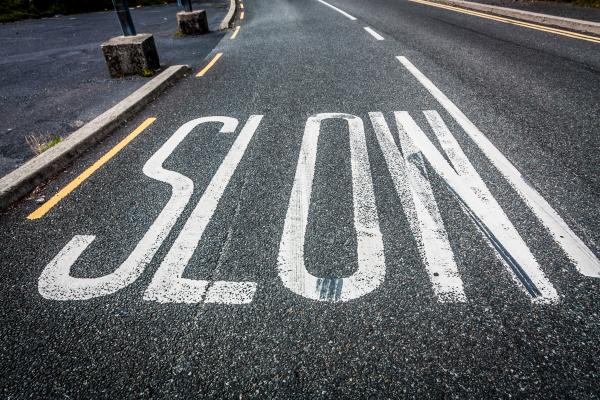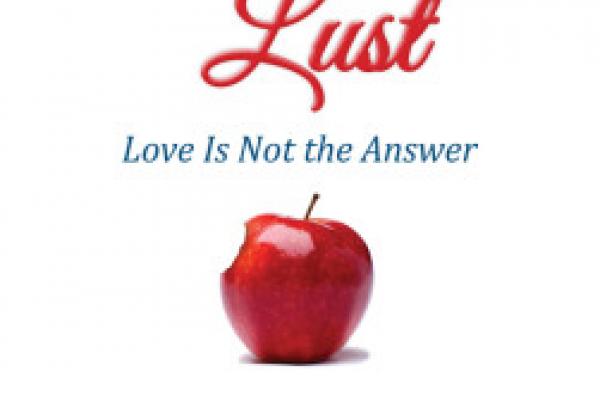My Dear Friend,
It breaks my heart to be the one to tell you this, but I figured you might be more receptive hearing this from me. I think you already know what I'm about to tell you — it's nearly impossible you couldn't know with how loud everyone's whispers have become.
Something is terribly wrong! You are sick.
I know this isn't the news you were hoping for, but it's the truth. With this in mind, I feel now, it is more important than ever that I lay things out for you — no matter how much it pains me.
Before selling illegal drugs, Dejarion Echols worked several years for a youth correctional agency and a psychiatric residential-treatment facility for teenagers. He decided to pursue a college education but couldn’t afford to be a full-time student. Desperate to make money, the unemployed, 23-year-old, engaged father of two sold crack cocaine for six months in 2004.
Any chance Dejarion had for a meaningful, productive life quickly ended. On a tip, police searched his home, found 44 grams of crack cocaine, $5,700, and an unloaded rifle. After pleading guilty, Dejarion received two mandatory 10-year sentences: one for the drugs, the other for the gun.
Dejarion admits he sold drugs. He denies the gun had been used in illegal-drug activity.
The presiding federal judge, Walter S. Smith, expressed frustration at having to impose such a sentence. “This is one of those situations where I’d like to see a congressman sitting before me,” he said, explaining that he was powerless to reduce it because of federal mandatory-minimum sentencing law.
Enacted by Congress decades ago, mandatory-minimum sentences have dramatically affected the federal criminal-justice system. Since 1980, the federal prison population has increased 800 percent , largely due to drug-related mandatory-minimum sentences. The federal system is the largest in the United States holding 217,000 prisoners, half of whom are incarcerated for a drug offense. Fewer than 8 percent of federal prisoners are incarcerated for a violent crime.
To a Dying Church,
Guess what? It’s not that bad.
You just have to get it together a bit.
Seriously, like yesterday. I mean, we have time. But, seriously, we’re all waiting for you to get it together.
You have the means. You have the ability. You have the know-how.
Actually, you don’t have to do that much. You just have to realize that Jesus has done it all and there is a current of immense possibility right under your feet.
Tap into it. Remember it. Root down.
This happens every so often. We are cyclical people. Every once in a while we forget.
But this time you’ve really done a doozy on your own health by chasing after insane supplements and growth hormones. And you’ve also picked some really lame fights. In the race to grow you’ve forgotten your way a bit and now you’re bloated and punch-drunk in the streets swinging at anyone that’ll ask a sensible question.
Stop it. You’re better than this.
To the dying church,
I think I missed the moment. It was a pretty big moment, too. At least here in the United States, you were a force to be reckoned with until a few years ago. You helped form the fabric of our society. Pastors were well-respected people of authority. They built great big sanctuaries, and people wore respectable clothing on Sunday mornings. To be fair, you didn’t — and don’t now — always live up to the hype. Sometimes you hide your head in the ground when it’s time to stand up against racism and homophobia. You’re still not so sure about the equality of women. You sometimes sell out to political agendas.
But regardless of the good and the bad, the moment is now over, and you’re dying. Or that’s what they tell me. All that power and influence is fading away. It sounds like some churches are having trouble even keeping the lights on. I know I should mourn for you, but allow me a moment of self-pity here too. What, you thought it was all about you?
You see, I’ve been getting ready for a few years now. A bunch of us have. Some of us have grown up with you, and some of us have just met you recently, but we’re all lining up to serve you. Somehow we all have this nagging sense that we’re supposed to be with you in these days, so some of us went to seminary and some went to college to learn youth ministry. We went to conferences and gave up our evenings and weekends to church basements with committees and youth groups. We read books and studied Scripture and prayed and imagined the kingdom of God breaking into the world through you. They call us emerging leaders, and we had a lot of hopes for you.
We’re trying something new at Sojourners, and I have to say, I’m excited about it. Like all new things, it is a work in progress, but even in its early stages, I’d like to share it with you and to ask for your help.
Over the course of any given year, I work with hundreds of leaders across the globe on issues affecting poverty, immigration, racial justice, women and girls, and the environment. They are academics, activists, nonprofit leaders, entrepreneurs, local pastors, and denominational leaders — but all of them care about changing the world through faith and justice. And over the course of the year, Sojourners' staff members meet hundreds more as they travel. Their work inspires us.
But here is the problem: Hundreds and hundreds of amazing people are doing fantastic work, but many of them don’t know each other. So, we started talking with each other, our board and the leaders we were working with about building a gathering focused on inspiration, collaboration, and relationships. We are pleased to announce the first of what we hope will be many of these gatherings: The Summit: World Change Through Faith and Justice.
From June 18-21, at Georgetown University, 300 leaders will gather for this inaugural event. This is where we need your help ...
We want you to help us find 50 of them.
Christianity is full of labels.
Does caring about the environment make me a Liberal Christian?
Does opposing to the death penalty make me a Leftist Christian?
Does believing that women can preach make me a Christian Feminist?
Does believing in anti-violence make me a Christian Pacifist?
Does taking an anti-war stance make me an Anabaptist Christian?
The hum of 24-hour “news” drones on in the background most of my days. I’m not quite sure what television media's version of “Breaking” means anymore, though what accompanies it is closer to this Saturday Night Live spoof than real life.
Something is always “breaking.” And someone is always responding. We feel the need to get there first, to offer the most unique point of view, to lend our “expertise,” or to speak on behalf of our [fill-in-the-blank]. Organization? Generation? Gender? Or some cross-section of all of the above?
I know. I can definitely be part of the problem, and in this, I attempt my confession — sometimes my judgment fails me and I fall into the trap of the sensationalized newsbyte. I’m the web editor of a publication — meaning, I solicit, edit, sometimes even write some of these responses, of which there are a variety.
We have the “first response.” They are those who get there immediately. On television, these might come with the Impact font-ed “Exclusive,” or even “First to Report” (gross). Sometimes they just recount the events. Often, they will include — whether by slant storytelling or outright commentary — their reaction to said events.
Then there’s the “second-day response.” More nuanced, and typically with corrected “facts” that first responders didn’t mind repeating ad nauseam the day before, these reports put the events into greater historical context — or at least whatever context the writer could whip together from Wikipedia entries and closest possible “expert.” (We have a missing plane? Look, here’s a flesh-and-blood PILOT to explain what happened.)
From there, you get the out-and-out commentary. The “here’s my take,” or “this is whose side I’m on.” Rarely unique, though under the constant illusion of specialness, these commentaries attempt to stake out ground for a person or group of people. This happened, here’s how it happened, and here’s where I [we] stand on it.
Inevitably, you’ll then get the response to the response: How dare you stand there! She’s missing the whole point of [news-making event].
And on it goes.
When introducing people to hacking, Ali Llewellyn often brings up Apollo 13. “Remember that scene where they dump everything on the table and say, ‘We have to 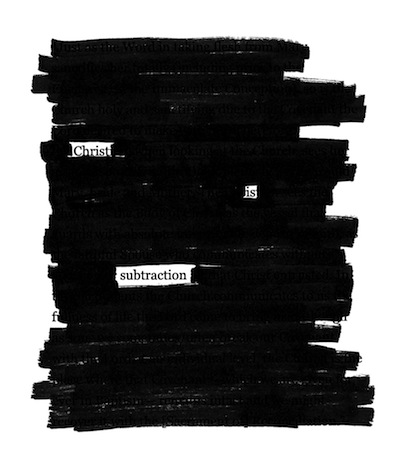 find a solution, with only these materials?’ And there’s, you know, duct tape? That’s all it is! Hacking is building a way to go from here to there.”
find a solution, with only these materials?’ And there’s, you know, duct tape? That’s all it is! Hacking is building a way to go from here to there.”
She should know. After studying church planting and social mobilization, Llewellyn went on to spearhead community engagement for NASA’s Open Innovation Program and is now a Senior Program Manager for SecondMuse, equipping hackers and non-hackers alike for the upcoming National Day of Civic Hacking.
Llewellyn’s dappled journey — from biblical scholarship to tech-minded collaboration — reveals a potent lens that Christians across denominations are using to repurpose, mobilize, and reform the church. In hacking, they see a model for the future of Christianity.
The term “hacking” has undergone a recent transformation in the popular lexicon, back to its amorally general origins as a method of discovery and recombination. For every Heartbleed-like scare today, there are innumerable cheery Buzzfeed tips to hack your life; and while the digital bandits of Anonymous capture our imagination, “hackathons” — community-oriented workshops to solve urban challenges — have popped up in many major cities.
With this broadened interpretation, Christian interest in hacking finds context. Just as faith systems give parameters to our spiritual imagination, so technology directs our inquiry into the universe and, increasingly, our connectedness to each other. Early Christianity spearheaded technological innovations with global ramifications, most notably in the invention of the codex. Today’s faithful hackers, armed with code, workshops, and participatory-minded theology, hope to do the same.
Celebrity Rabbi Shmuley Boteach, spiritual counselor to Michael Jackson, onetime Republican candidate for Congress, and author of the best-selling “Kosher Sex” and “Kosher Jesus,” has a new book for Jews and non-Jews alike: “Kosher Lust.”
Its provocative subtitle: “Love Is Not the Answer.”
The answer, Boteach says, is lust, the God-given fuel for a healthy marriage. Love, he argues, cannot sustain marriage, but lust — what he calls the unfairly maligned member of the Seven Deadly Sins — can.
Spanish heartthrob Antonio Banderas may be cast in the role of Pope Francis in the first feature film to be made on the life of the Argentine pontiff.
Italian director Daniele Luchetti plans to make the $12 million Spanish language film, titled “Call Me Francesco,” with producer Pietro Valsecchi, who has made some of Italy’s highest-grossing movies.
Valsecchi’s Rome-based production house, Taodue Film, confirmed the news Wednesday, and a spokeswoman said the company was looking to shoot the film in various locations, including Argentina and Italy.
Banderas is one of the top Spanish-speaking actors being considered to play the lead role, she told Religion News Service.

